Scots charity completes South Georgia rat cull project
- Published
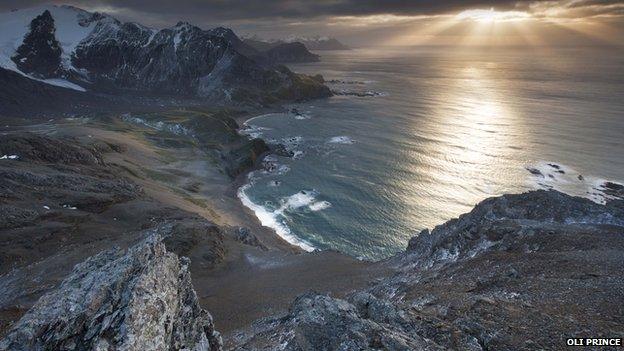
Project bosses hope to have eradicated rats entirely from South Georgia
A Scottish charity has concluded the final phase of a £7.5m project to eradicate rats from the sub-Antarctic island of South Georgia.
Teams from the Dundee-based South Georgia Heritage Trust have spent the last five years laying toxic bait to kill off invasive rats, which were threatening indigenous bird life.
They will now monitor the island to ensure the rodents are gone for good.
Project leaders said local bird species are already starting to thrive again.
The cost of the project, the world's largest rodent eradication, has been funded entirely by voluntary donations raised by the heritage trust and its US counterpart.
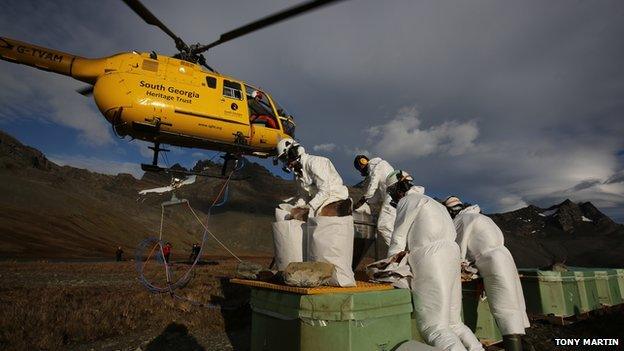
The team used helicopters to spread poisoned rat bait around the island
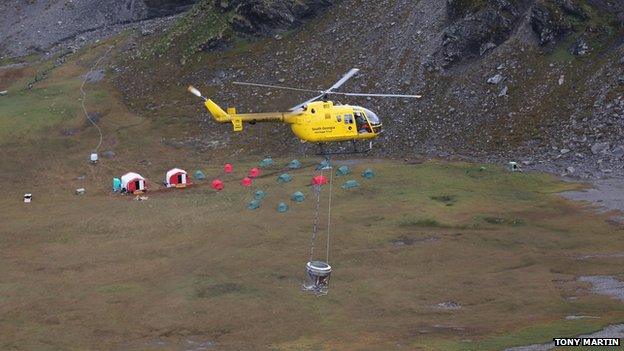
Pilots logged more than 1,000 hours in the air in former Air Ambulance helicopters
Rats first arrived on South Georgia in whaling and sealing ships, and quickly multiplied with no natural predators on the island.
They ate the eggs and chicks of ground-nesting birds like the South Georgia pitpit and pintail, both of which are unique to the island.
A trial in 2011 succeeded in eradicating rats from a tenth of the infested area, and baiting was subsequently rolled out across the rest of the island.
The third and final phase began in January, when an 18-strong international team led by Dundee University professor Tony Martin headed to the sub-Antarctic island with three helicopters and almost 100 tonnes of poisoned bait.
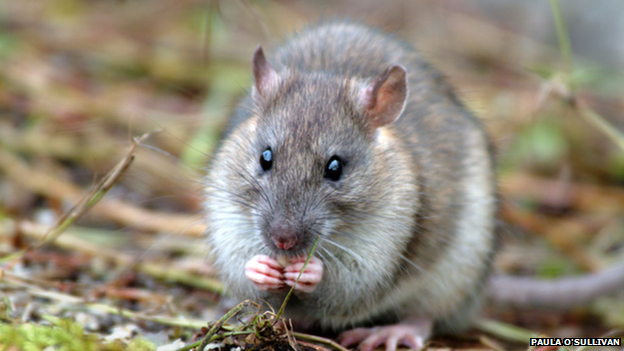
Rats first came to the island on whaling and sealing ships
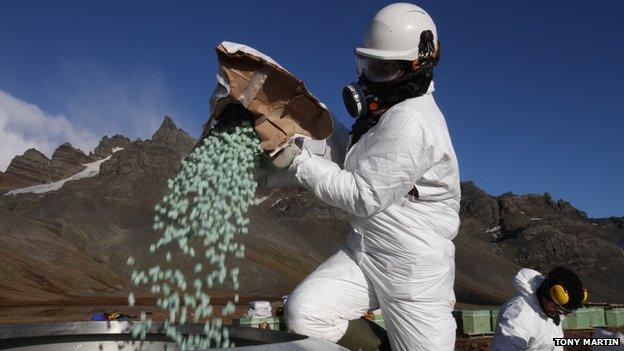
290 tonnes of poisoned bait pellets were distributed around infested areas to kill off the rats
Prof Martin said it could take hundreds of years for bird populations to recover, even if the project has been completely successful.
He said: "When I first began coming to this magical island 20 years ago, I only dreamed that it could one day be free of rats, and now because of our work, I can say that it is very likely that South Georgia is now rat-free.
"Already the South Georgia pitpit, the world's most southerly songbird, and South Georgia pintails, both endemic species found only here, are returning in numbers we could never have imagined, along with other species which were the victims of rats.
"But it will take decades, even centuries, before the birdlife returns to the numbers which existed before man - and rodents - arrived."
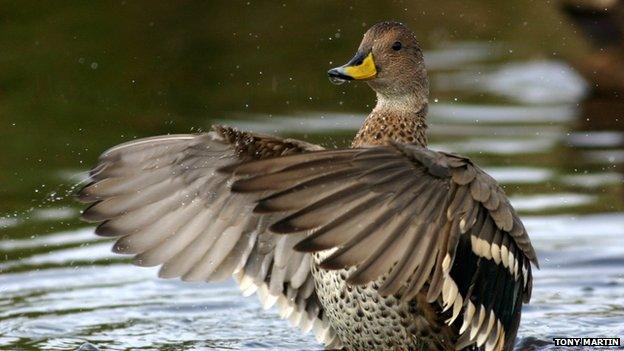
Unique bird species like the South Georgia pintail were under threat from the rodents
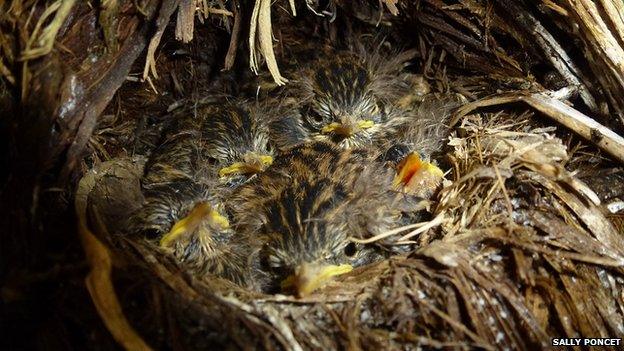
South Georgia pitpit chicks have already been found in areas previously over-run by rats
In total, 1,050 square kilometres of land were successfully baited with 290 tonnes of rodenticide, carried by three former Air Ambulance helicopters.
Pilots spent more than 1,000 hours in the air, equivalent to flying around the world three times.
Two years will now be spent monitoring the island to ensure it is fully rat-free.
Howard Pearce, chairman of the heritage trust's international board of trustees, said it was "highly probable" that the island was now rodent-free.
He said: "There have already been significant sightings of native species in areas where they have not been seen in living memory.
"The trust is quietly confident that success is in sight. But there is more work to be done, and funds to be raised, before we can truly claim final victory over the rodent invaders."
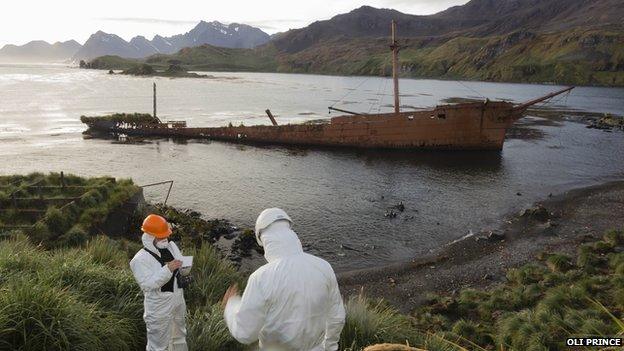
The charity will now spend two years monitoring the island for signs of surviving rats
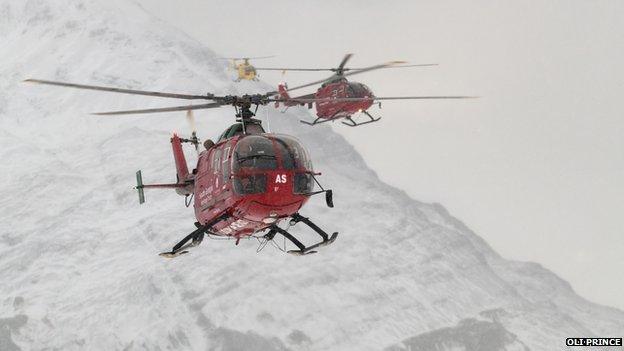
It was the largest rodent eradication project in the world
- Published24 January 2015
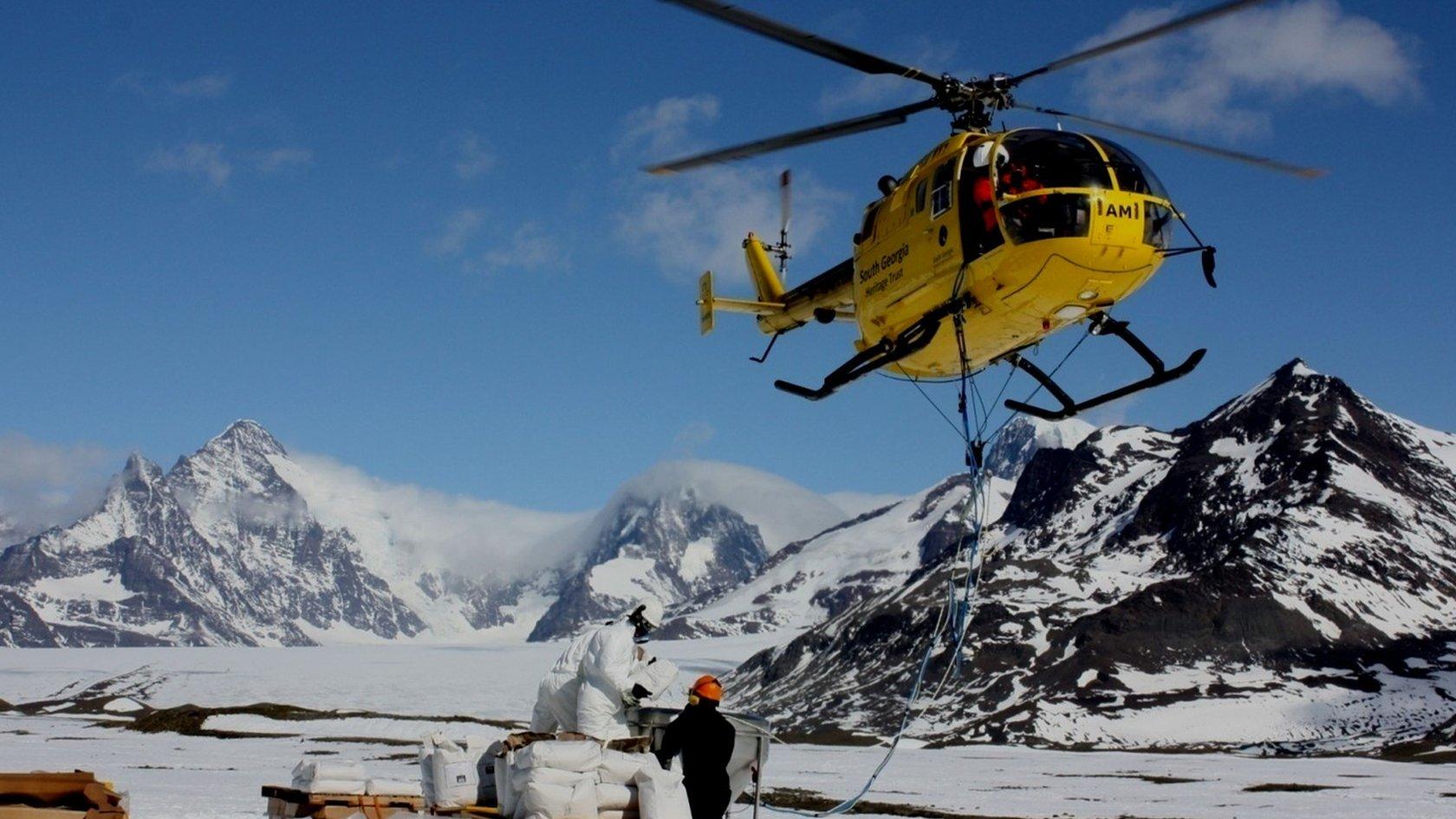
- Published3 December 2014
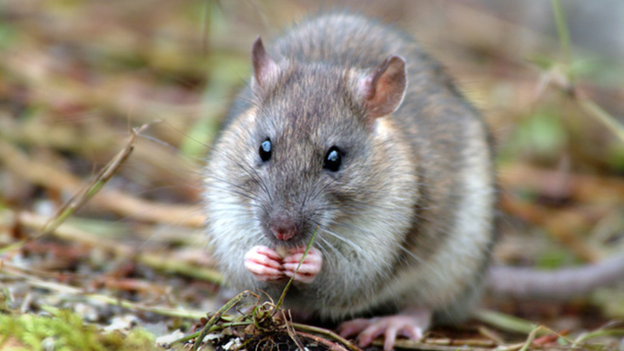
- Published4 July 2013
